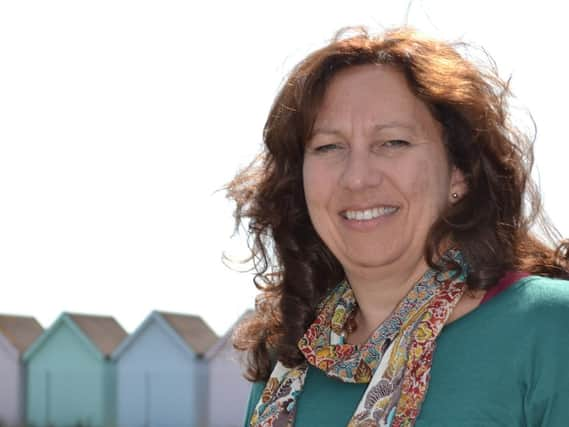Most '˜vulnerable children' to benefitÂ


The funding wil l be spread over two years and provide support to 100 children aged 11 to 14.
The money is part of £4 million being invested nationally to improve academic progress for children in '˜alternative provision'.
Advertisement
Hide AdAdvertisement
Hide AdChildren's Transformation Manager at Portsmouth City Council, Hayden Ginns, said: '˜We are delighted to be part of the Department for Education's Alternative Innovation Fund. This programme gives us the opportunity to make a change in outcomes for some of the city's most vulnerable children.'
Alternative provision covers pupils who may have been permanently excluded from mainstream schools and attend pupil referral units and children who suffer from debilitating illnesses and attend hospital schools or are educated at home.
The successful bid for funding was put forward by the Portsmouth Education Partnership involving collaboration between mainstream schools, alternative providers, Solent NHS Trust and Portsmouth City Council.
Portsmouth's bid focused around raising attainment at Key Stage 3 with the aim of reintegrating students back into mainstream schools by Key Stage 4.
Advertisement
Hide AdAdvertisement
Hide AdA statement from Portsmouth Council said: 'The money will be invested in employing staff who will have a clear focus on training, supervising and delivery of the reintegration project. The team will be based at The Harbour School. It will use a new approach providing 11 to 14-year-Â olds short term placements with the aim of reintegrating pupils into mainstream schools.'
Evidence from the Department for Education shows that children in alternative provision are less likely to achieve good GCSE grades and remain in further education, employment or post-16 training.
A key strategy will be to address the emotional and social difficulties many children in alternative provision have which creates barriers to academic attainment.
Cabinet member for education, Suzy Horton, said: '˜The reintegration project aims to support meaningful relationships within families and between pupils and teachers. It seeks to build the capacity of pupils to engage successfully in learning and secure educational outcomes.'
Â